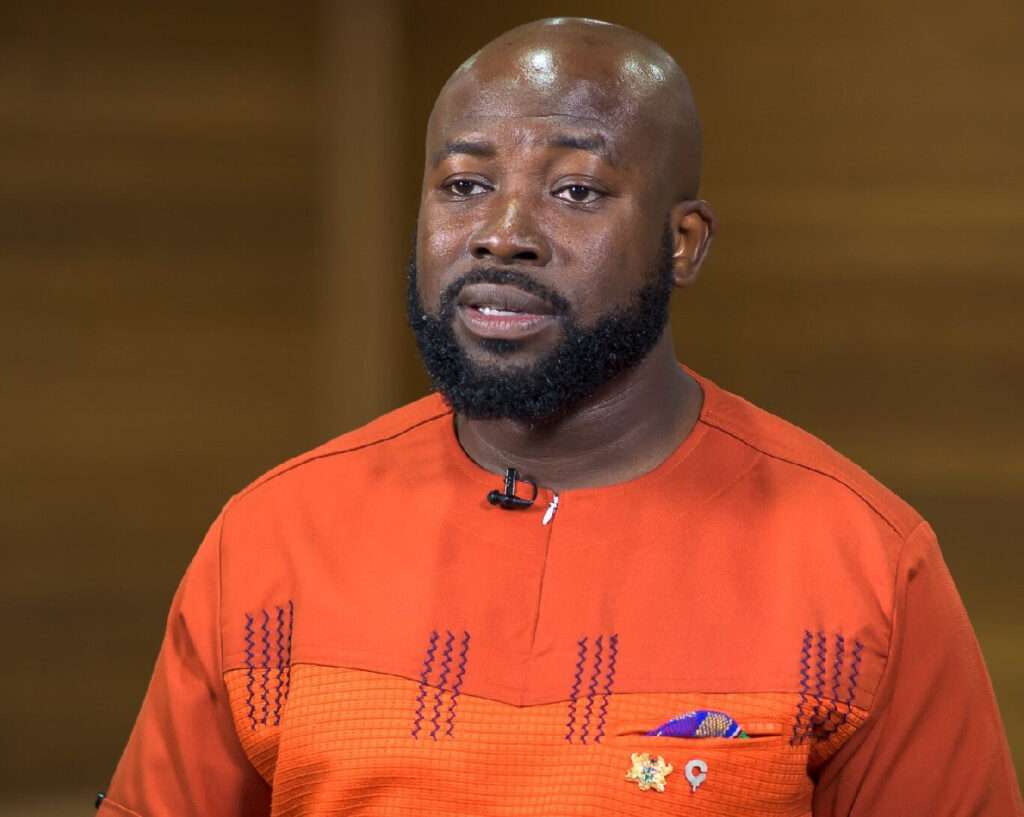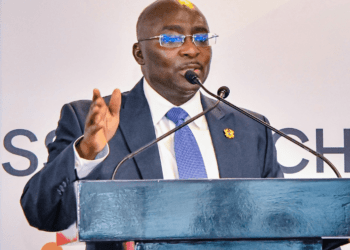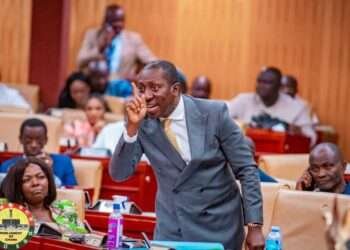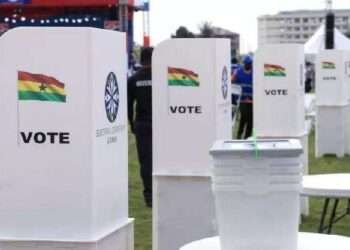Mr. Antonio Kisseih, Vice President of the Ghana Securities Industry Association, has called on the government for proper stakeholder engagement on the domestic debt restructuring programme.
The Vice President opined that, the two weeks extension of the debt programme to 31st January, should offer government the opportunity to satisfactorily resolve all the issues raised concerning the ongoing programme and seek stakeholder input in the policy.
Mr Antonio revealed that previous meetings with the Finance Ministry on the programme have largely been approached in a top-down manner, with barely any input from the stakeholders going to be affected by the programme.
According to him, should the government maintain the status quo, there shall be a stalemate.
Speaking in an interview, Mr Kisseih stated that “This time we hope there is going to be a proper stakeholder engagement. The way it is seen or perceived now is more like an imposition. So imposition, you go and meet, you have your audience, you talk, you leave, you have a further meeting, a memoranda is circulated.”
“But you know, let us sit down, let’s have a frank, open, transparent dialogue. Let us show what the numbers are. You know, it shouldn’t be the crime we’ve done is to lend money to your government. Let’s have that open conversation so that we can all be on that same page. And I think that is what should happen within the two weeks.”
“Take us to Peduase or wherever, let’s sit three, four, five days and let’s come to agreement. How I see it, that is the only viable way for us to come to some sort of consensus. The way it is going now, my biggest fear is that there will be some stalemate if there’s no proper engagement. That’s what’s going to happen.”
Antonio
Government, however, has announced it will be having a meeting with stakeholders to address concerns raised on the debt exchange programme.
New Bonds Under Domestic Debt Exchange Programme Potentially Worthless
Meanwhile, the convenor of the Ghana Individual Bondholders Forum, Mr. Senyo Hosi, has rebuffed claims that the rejection of the domestic debt exchange programme by individual bondholders would bring untold economic hardship to the country and would potentially make their bonds worthless.

According to him, data available from the Finance Ministry demonstrates that such claims are false and merely meant to create a state of fear and panic to get bondholders to sign unto the ongoing debt exchange programme.
Mr Hosi explained that signing onto the debt exchange programme would rather make ones bonds potentially worthless and irredeemable.
“Please anybody who tells you [that] is a liar, is uneducated, has no skills, is not worth any attention if you’re an individual bondholder. 1+1 can’t be 3. It can’t be one and half. It’s not Senyo, this one is just math, it’s science, it’s finance, it’s economics and again it’s common sense.”
Hosi
Explaining the risk of signing onto the government’s new bonds under the debt exchange programme, Senyo Hosi noted that bondholders were much safer holding on to their current bonds rather than discarding them for the new ones.
“With bonds right now your investment is retained because that’s your expectation. You went in for 16%, you’re getting your 16%, no problem. Secondly if you take an ESLA or you take a Daakye bond, the source of the revenue is secured.”
Hosi
Mr Senyo Hosi further explained that while bondholders who are yet to sign discard their old bonds for the new bonds have the right to sue government and receive reparations from the state should the government default on payment, under the debt exchange programme, the government is granted immunity.




















